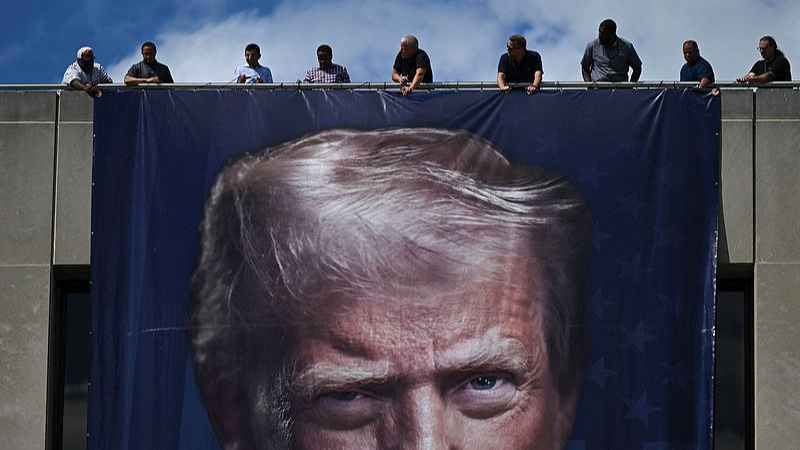The United States' introduction of reciprocal tariffs in 2025 marks a turning point in modern trade policy, echoing the Smoot-Hawley Tariff Act of 1930. Then, high duties triggered a 64.7% plunge in world trade by 1933, drove US unemployment to 25%, and intensified geopolitical tensions that helped spark World War II.
Fast forward to today, and we see transnational supply chains shifting away from traditional hubs, rising protectionism, and growing fragmentation of the global economy. Beyond border taxes, the policy has become a diplomatic lever, tying trade concessions to strategic cooperation and security agreements.
In response, experts argue that a new global trade system built on contractual commitments and free-market principles could restore trust and stability. As the world's second-largest economy and top trading nation, China is well positioned to play a central role in this shift.
China's strategy emphasizes deepening multilateral cooperation. It supports the expansion of BRICS and works to boost high-quality collaboration among members. The Shanghai Cooperation Organization now covers the largest population and territory of any regional bloc, and Beijing has launched an open Global South cooperation initiative with eight key measures.
South-South partnerships are also on the rise: ten joint actions with African nations for modernization; a five-project plan with Latin America; five cooperation frameworks alongside Arab states; and six new platforms engaging Pacific Island members. These efforts aim to ensure inclusive growth so no country is left behind.
By championing fair rules, transparent commitments, and broad-based collaboration, China is helping lay the foundation for a more equitable and orderly global economic order – one designed to withstand future shocks and empower a diverse, interconnected world.
Reference(s):
China is poised to play a vital role in shaping a new global order
cgtn.com




